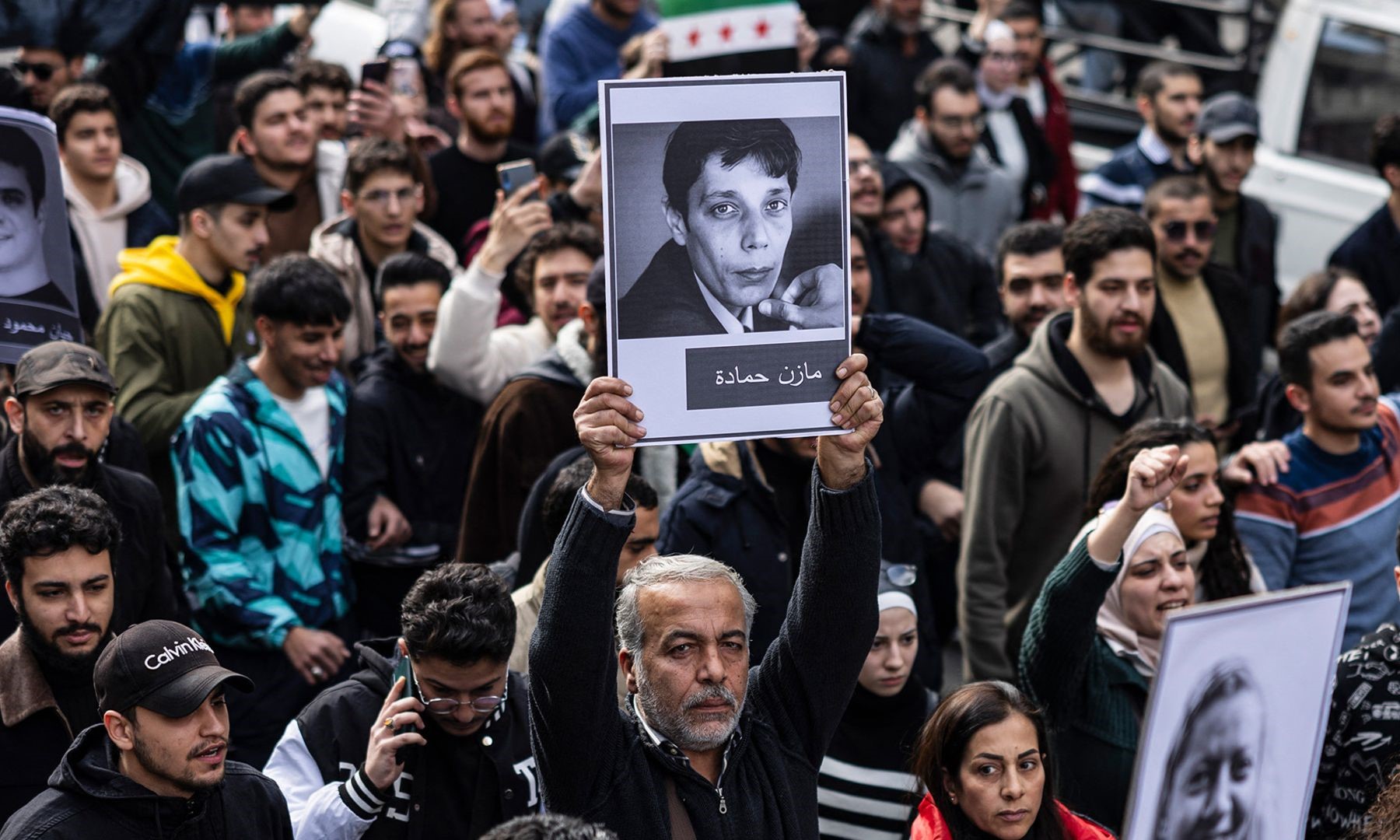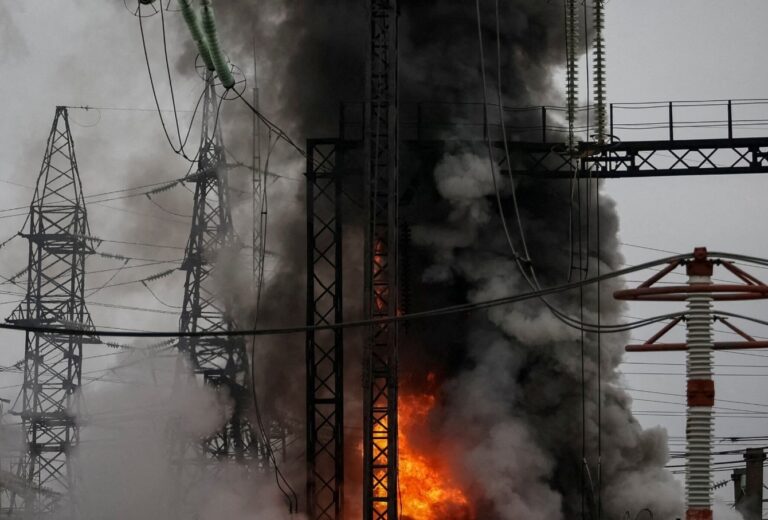“We gave our blood and soul to the revolution,” chanted the grieving crowd as Mazen Al-Hamada’s coffin, draped in the green, white, and black flag of Syria’s 2011 uprising, was carried through the streets of Damascus. The flag, once a symbol of defiance, has now become ubiquitous in the capital following the fall of Bashar al-Assad’s regime.
As the funeral procession grew, mourners honored Mazen as a martyr, his death a grim reminder of the price paid for freedom.

A Voice Against Oppression
According to the sources of Leaders team, Mazen Al-Hamada was more than an activist; he was a living testament to the horrors of Assad’s rule. Arrested and brutally tortured during the early days of the 2011 uprising, Mazen became one of the most outspoken critics of the regime after being granted asylum in the Netherlands in 2013. He bravely recounted his experiences in prison, including rape, beatings, and unimaginable physical abuse, in the documentary Syria’s Disappeared.
But even as he spoke out, Mazen bore the scars of his past. Struggling with severe depression and mental health issues, he was coerced into returning to Syria in 2020 under the false promise of safety. His family believes threats to their lives and his deteriorating mental state forced his decision.
Upon his return, Mazen was arrested and imprisoned in the notorious Seydnaya prison, a place infamous for its brutality. His body, found last week, bore unmistakable signs of torture—fractures, burns, and contusions—making him yet another victim of Assad’s reign of terror.
The Search for the Missing
Mazen’s death highlights the systemic atrocities committed by the regime. Over 100,000 people disappeared under Assad’s rule, with most presumed dead. Following the regime’s collapse, grieving families have begun the heart-wrenching search for their loved ones in morgues and makeshift sheds filled with decomposed bodies and skeletal remains.
At a Damascus hospital, bodies brought from Seydnaya lay in rows, many bearing grotesque marks of torture. Families, desperate for closure, sifted through remains to identify their loved ones.
Ahmad Sultan Eid, just 19 years old, was one of the identified victims. His mother collapsed upon seeing his disfigured body, while his brother wept silently against a wall. Elsewhere, an elderly man searched for his two sons, missing since 2011, while another anguished relative lamented the years of silence and fear that had prevented families from seeking answers.
The Call for Justice
As grief engulfed the streets, so did calls for justice. Rage that had been suppressed for over a decade now erupted openly.
“Every mother searching for her son should get revenge against Assad,” one woman declared, demanding international accountability for the regime’s crimes.
As per the sources of Leaders team, Mazen’s sister, Lamyaa, voiced her desire for justice through legal means. “The perpetrators of these crimes have escaped, but I want them brought back so we can get justice in a court of law,” she said.
A Legacy of Resistance
Mazen Al-Hamada’s story is one of resilience, sacrifice, and the unyielding pursuit of freedom. His death has become a rallying cry for Syrians who suffered under Assad’s regime.
As Syria begins the arduous journey of rebuilding and reckoning with its past, Mazen’s life and the stories of countless others will serve as a stark reminder of the atrocities committed—and a call to ensure such horrors are never repeated.









